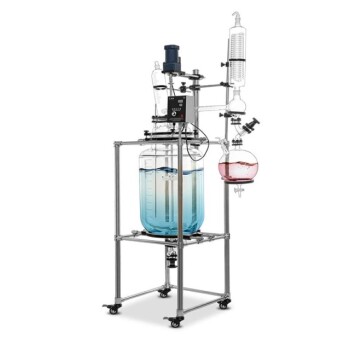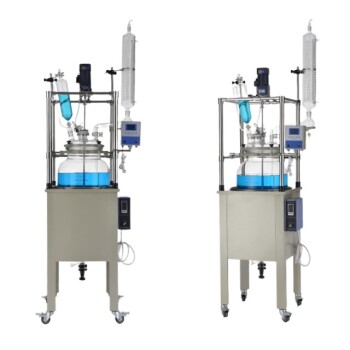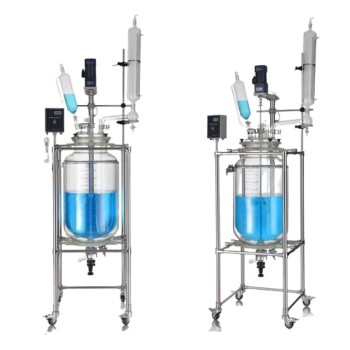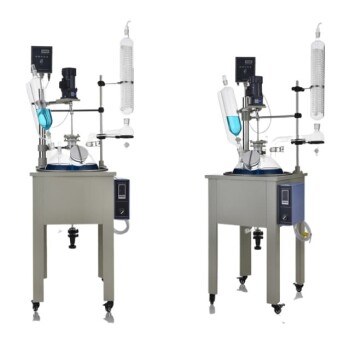Distillation experiments, while essential in many scientific and industrial processes, come with inherent hazards that must be carefully managed to ensure safety. These hazards include implosions due to flawed glassware, explosions from concentrating unstable compounds, and physical injuries from mechanical parts or high temperatures. Proper preparation, such as securely connecting glassware, monitoring temperature and pressure, and ensuring adequate cooling and ventilation, is critical to mitigating these risks. Additionally, handling unstable compounds like organic azides, acetylides, and nitro-containing compounds requires extra caution to prevent explosive reactions. By adhering to safety protocols and maintaining equipment, these hazards can be significantly reduced.
Key Points Explained:
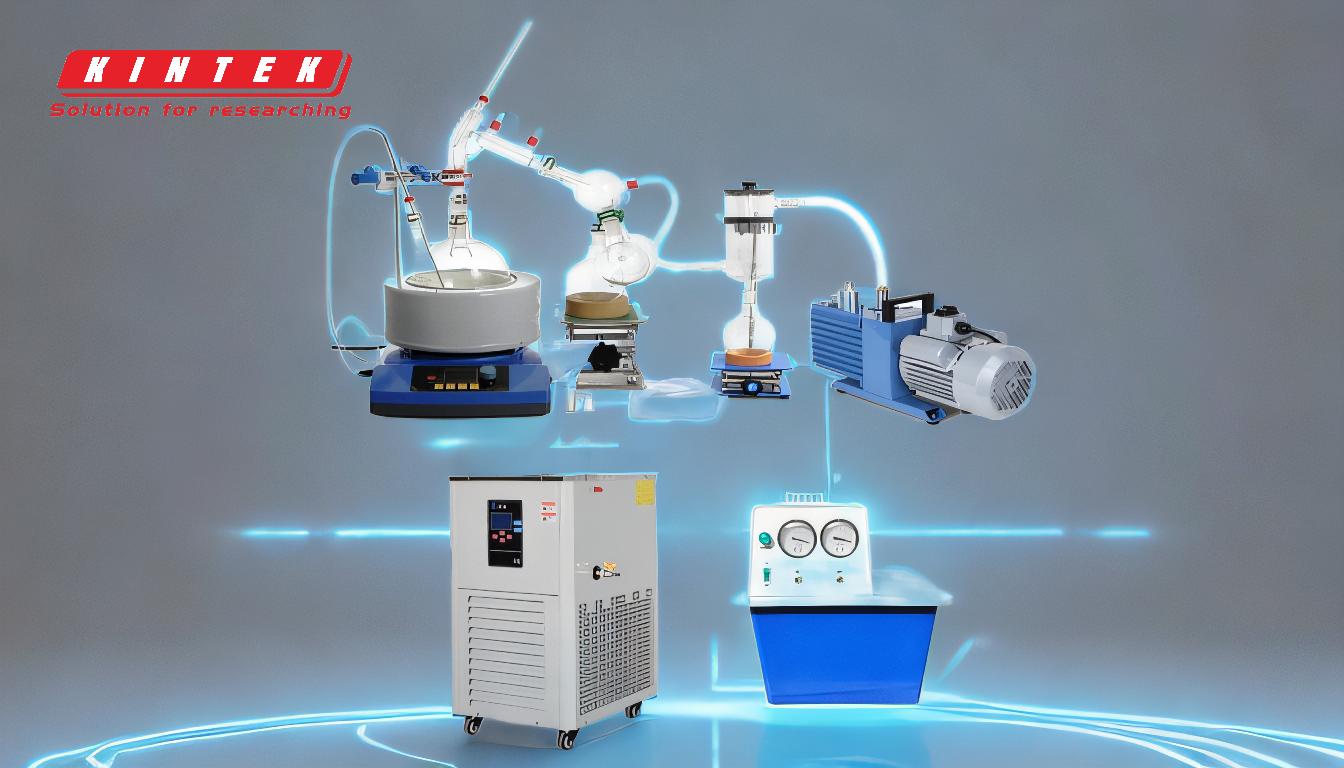
-
Implosions from Flawed Glassware
- Cause: Using glassware with defects, such as star-cracks, can lead to implosions under vacuum conditions.
- Prevention: Inspect all glassware for flaws before use. Ensure proper sealing of joints with vacuum grease and secure connections to prevent sudden collapses.
-
Explosions from Concentrating Unstable Compounds
- Cause: Distilling or evaporating unstable compounds, such as organic azides, acetylides, nitro-containing compounds, or molecules with strain energy, can lead to explosions. Impurities in these compounds can further increase the risk.
- Prevention: Avoid concentrating unstable compounds to dryness. Use appropriate solvents and ensure proper ventilation. Monitor the process closely to detect any signs of instability.
-
Physical Injuries from Mechanical Parts
- Cause: Loose hair, necklaces, or clothing can become entangled in rotating parts of distillation equipment, leading to burns or other injuries.
- Prevention: Secure loose clothing and accessories before operating the equipment. Ensure all mechanical parts are properly guarded and maintained.
-
High-Temperature Hazards
- Cause: Distillation equipment, such as short-path distillation setups, can reach high temperatures due to heating with hot oil or other methods. Touching hot surfaces can cause burns.
- Prevention: Avoid direct contact with heated equipment. Use appropriate protective gear, such as heat-resistant gloves, and ensure cooling systems are functioning properly.
-
Cooling System Failures
- Cause: Insufficient cooling water or liquid nitrogen in the chiller or cold trap can lead to overheating or improper condensation of vapors.
- Prevention: Regularly check and maintain cooling systems. Ensure adequate levels of cooling fluids (e.g., ethanol, water, or liquid nitrogen) before starting the experiment.
-
Vacuum-Related Hazards
- Cause: Improper handling of vacuum systems can result in equipment slippage, implosions, or pressure imbalances.
- Prevention: Draw down the vacuum gradually and ensure all connections are properly sealed. Use vacuum grease on sealing surfaces and joints to maintain airtight conditions.
-
Chemical Reactions from Unbalanced Mixtures
- Cause: Heating unbalanced mixtures, such as those containing organic azides or nitro-containing compounds, can trigger violent reactions.
- Prevention: Avoid heating such mixtures unless absolutely necessary. Use appropriate solvents and ensure proper temperature control.
-
General Safety Precautions
- Cause: Lack of proper safety protocols can lead to accidents.
- Prevention: Follow established safety procedures, including proper equipment handling, temperature and pressure monitoring, and ensuring adequate ventilation. Regularly inspect and maintain all equipment.
By understanding and addressing these hazards, distillation experiments can be conducted safely and effectively. Always prioritize safety measures and adhere to best practices to minimize risks.
Summary Table:
| Hazard | Cause | Prevention |
|---|---|---|
| Implosions from Glassware | Defective glassware under vacuum conditions | Inspect glassware, use vacuum grease, and secure connections. |
| Explosions from Compounds | Concentrating unstable compounds like organic azides or nitro compounds | Avoid drying unstable compounds; use solvents and proper ventilation. |
| Physical Injuries | Loose clothing or accessories entangled in mechanical parts | Secure loose items; guard and maintain mechanical parts. |
| High-Temperature Hazards | Touching hot surfaces during distillation | Use heat-resistant gloves; ensure cooling systems are functional. |
| Cooling System Failures | Insufficient cooling fluids (e.g., water, ethanol, liquid nitrogen) | Regularly check and maintain cooling systems; ensure adequate fluid levels. |
| Vacuum-Related Hazards | Improper handling of vacuum systems | Gradually draw down vacuum; seal joints with vacuum grease. |
| Chemical Reactions | Heating unbalanced mixtures (e.g., organic azides, nitro compounds) | Avoid heating such mixtures; use solvents and control temperature. |
| General Safety Precautions | Lack of safety protocols | Follow safety procedures, monitor temperature/pressure, and ensure proper ventilation. |
Ensure your distillation experiments are safe and efficient—contact our experts today for guidance and support!

